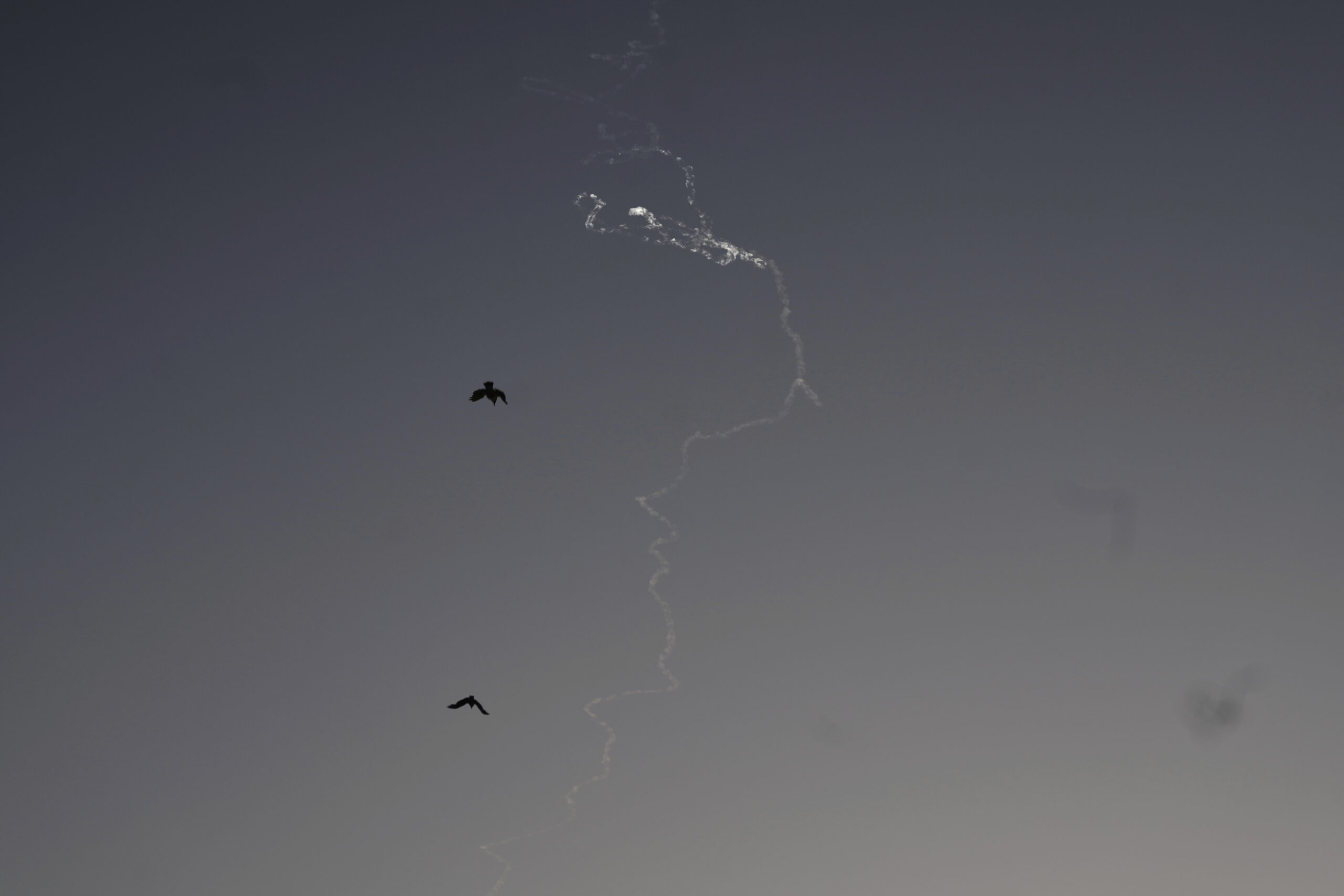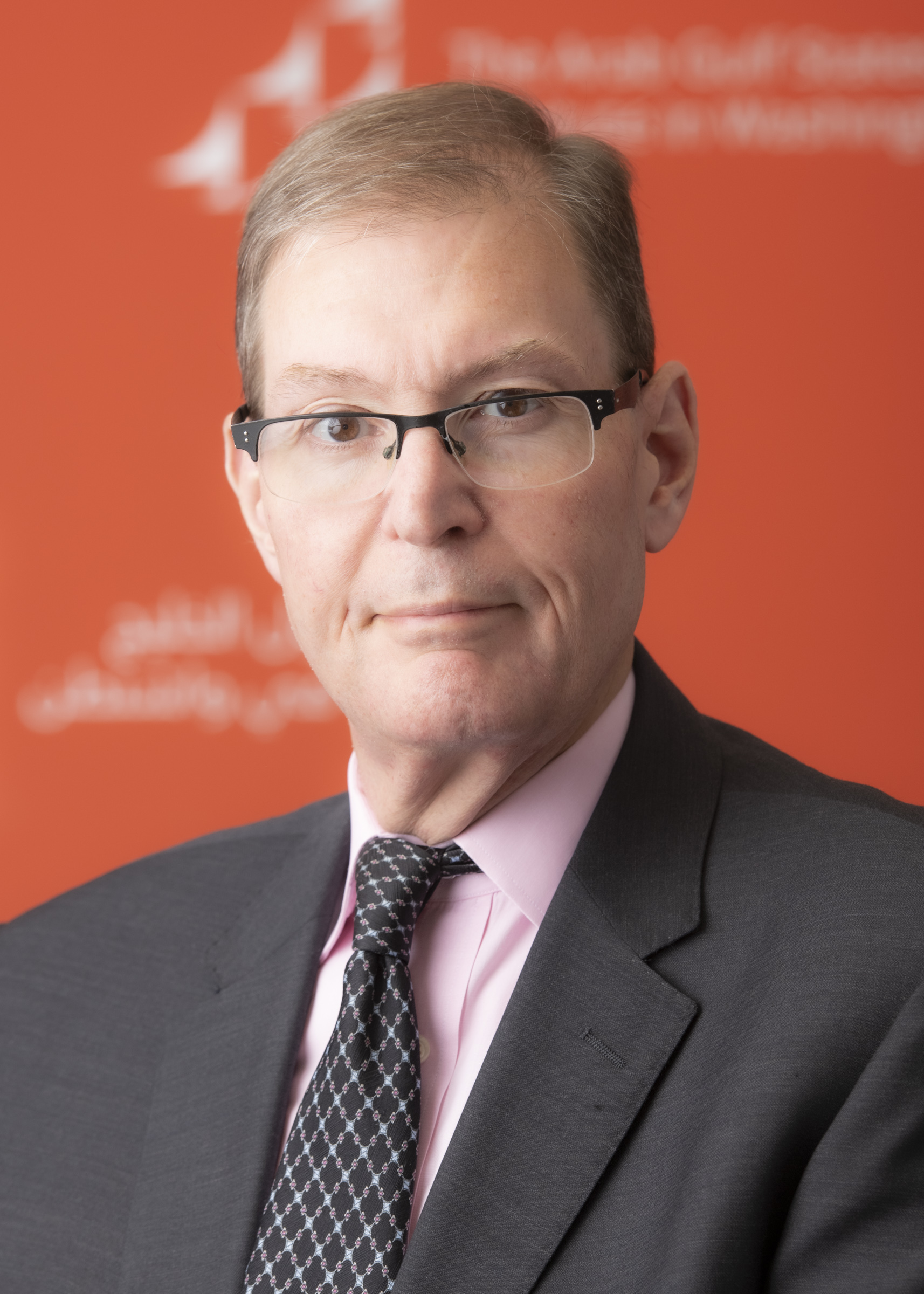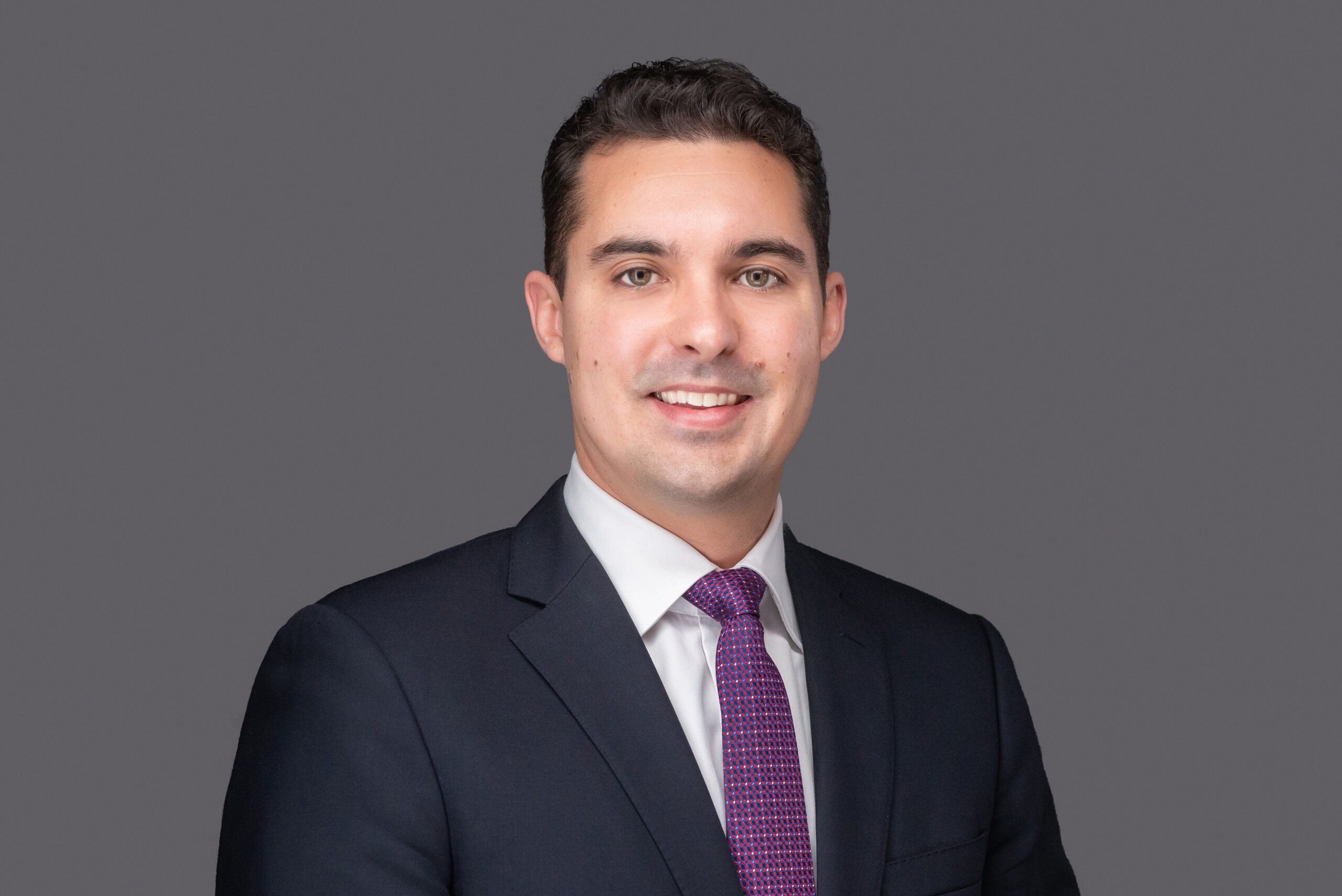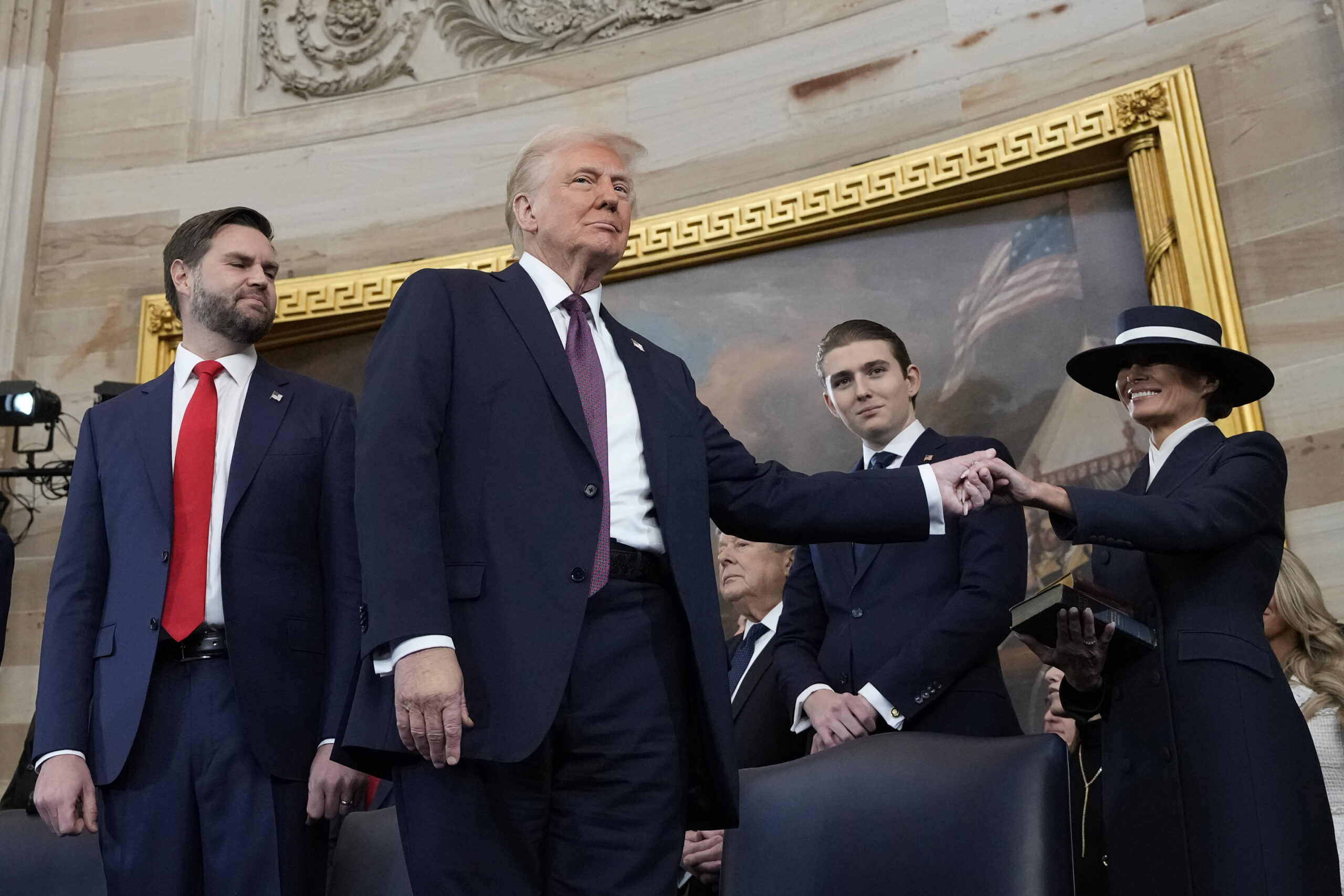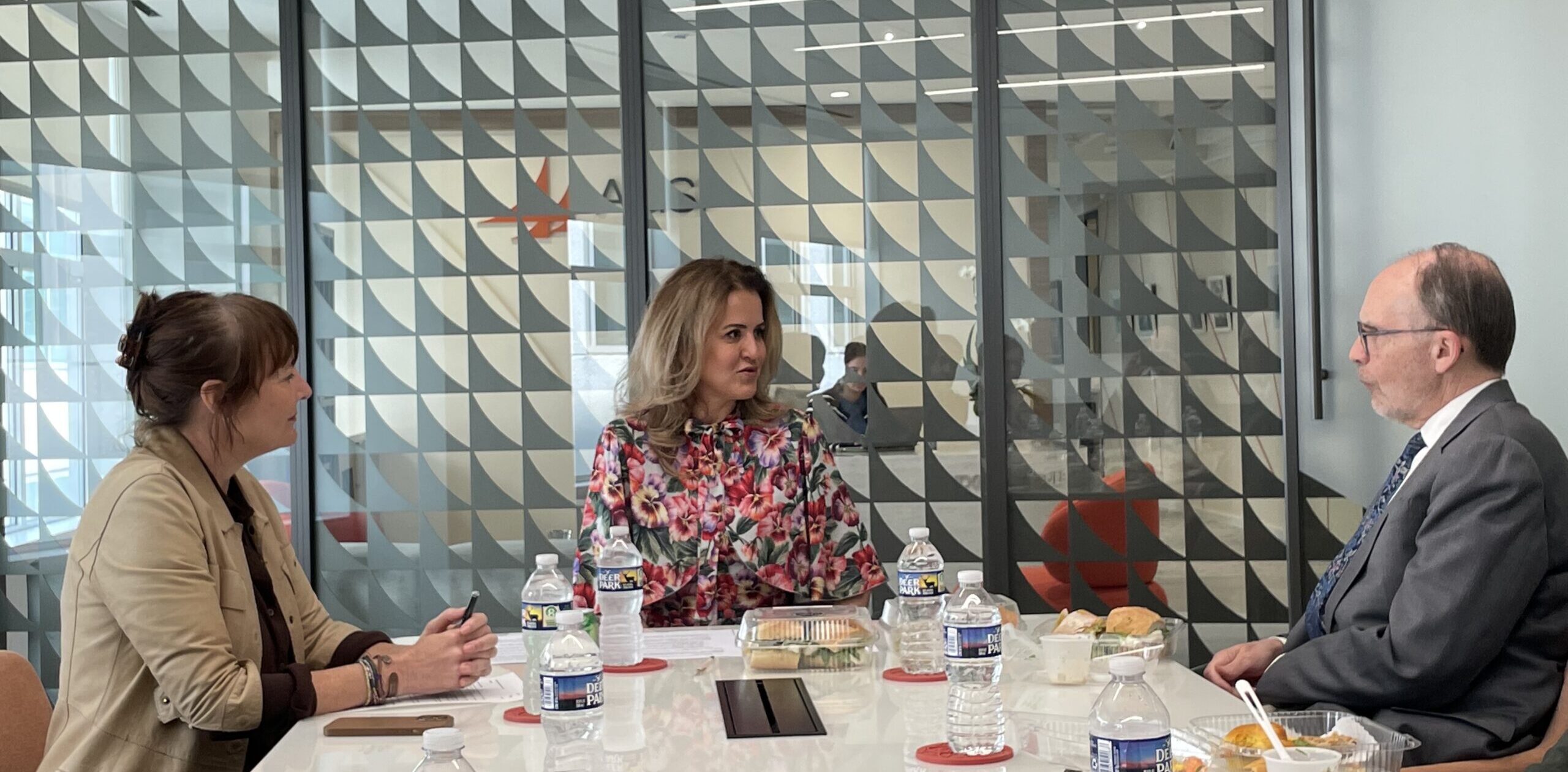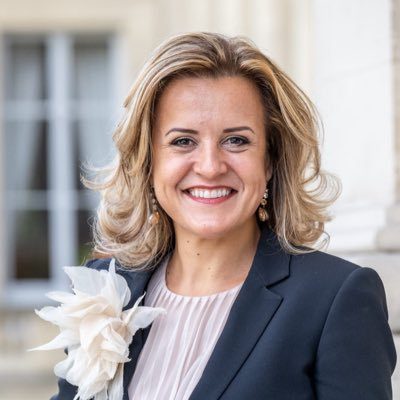Saudi Films Challenge Societal Norms at Home, Open Doors Abroad
As the state toys with a cultural opening at home, it is beginning to embrace the power of the arts to improve the country’s image abroad.

It is a clear night on the outskirts of Riyadh. An open-air stage, brightly lit by a huge panoramic screen, comes to life before a crowd of 5,000 Millennials, men and women separated by a low, almost token barrier, undulating in the shape of a wave. The MISK foundation, an initiative of Saudi Deputy Crown Prince Mohammed bin Salman, has invited young creative and social media luminaries to address a star struck crowd at the fourth Shoof Forum for digital media. Among the speakers is Ayman Tariq Jamal, the Saudi director of “Bilal.”
“Bilal” is one of a small number of Saudi films emerging from a country that still does not allow public cinema. This animated feature tells the story of one of the earliest companions of the Prophet Muhammad, a slave brought to Arabia from Ethiopia and later given his freedom with the birth of Islam. The state-sponsored celebration of this work of Saudi-directed, Emirati-produced, entertainment points to the cultural shift being authored by a new generation of tech-savvy Saudis and nurtured, cautiously, by the ultraconservative state.
A New Breed of Islamic Film
In a TED-style inspirational talk given by Jamal at the Shoof Forum, the director explained his motivation for making the film, and the struggle to find acceptance for a project that breaks new ground, both in form and content. His approach to this revered period of Islam is also controversial in its focus on biography over religion, and is unusual in its placement of the non-Arabian slave Bilal at the center of the story. Additionally, since no animation studio existed in the Arab world, the young Saudi director established his own, Barajoun studio, in Dubai.
Projecting a picture of his young son dressed in a superman costume on the screen, Jamal spoke of his frustration in finding no popular role models for Saudi children that speak to their own people and culture. Why were there no film heroes drawn from Arab and Islamic heritage? Still, because the movie is rather loosely based on Islamic history, and is not very focused on the Islamic religion, it has generated debate in traditional and social media. The movie is mainly about the slave Bilal and his liberation, which of course took place in the Islamic context. Yet in its pursuit of a universal audience, “Bilal” is not explicitly religious, or at least not in the usual fashion. The soundtrack featuring a song by the American rapper Akon clearly announces that this is not a traditional representation of Islamic history.
Thus, despite its appeal to local culture and heritage, the film faced problems in distribution in the Gulf Arab states. Saudi Arabia has no public movie theaters. Kuwait banned the film due to laws that prohibit the depiction of Sahabah, or the prophet’s companions. And while Qatar screened the film, it generated heated debate among its mostly conservative population, which, like Saudi Arabia, follows the Wahhabi creed. These controversies echo earlier ones that have become more frequent as Islamic cinema has increased in popularity on both sides of the Gulf.
An Emirati-Saudi Co-Production
The film has been more warmly received in the United Arab Emirates, where it was produced, and is having a successful run. Indeed, the narrative of an African slave embraced as an early companion of the prophet seems tailor-made to illustrate the Emirati state-led effort to project a more pluralistic and inclusive Islam. That message has gained the favor of some people in the court of Saudi King Salman bin Abdulaziz and his tech-loving son.
The nexus of entertainment and religion is central to their plans to transform the Saudi economy, and at the same time is their most difficult challenge. Economic diversification and the shift from a statist to a more entrepreneurial economy will require the creativity and individual initiative being celebrated by the Shoof Forum. The Emirati state, which has advanced much further in economic diversification and the promotion of these values, serves as both model and mentor. The MISK event featured two Emirati officials, Dubai’s crown prince and head of its executive council, Sheikh Hamdan bin Mohammed bin Rashid al-Maktoum, and the UAE minister of state for youth, the 22-year-old Oxford graduate Shamma bint Suhail bin Faris al-Mazrui.
But Saudi Arabia is not the UAE. The sort of economic transformation pioneered by the UAE and now championed by Mohammed bin Salman through the Vision 2030 plan presumes a renegotiation of the cultural norms and reformation of the religious institutions that have for decades reinforced Al Saud authority. A fragile opening, still full of contradictions, is reflected in the creative hubs being formed in Saudi cities, and in the stories creative youth choose to tell in YouTube videos and now film.
A Calculated Cultural Opening
Another new Saudi film tackles the contradictions of this new millennial Saudi Arabia head on. “Barakah meets Barakah” provides a Saudi twist to the timeless story of boy meets girl in a country that provides no avenue for public courting. It tells the story of a chance meeting and attempted romance of a wealthy new social media star and a middle class municipal officer tasked with enforcing the city’s religiously inspired bureaucratic rules. Its director, Mahmoud Sabbagh, has described it as “a love story, and in the background there is the story of the city and of public space.”
During a recent visit to Saudi Arabia, I met the film’s young star, Fatima al-Benawi, at a Jeddah cafe, which itself provides a striking view into a changing Saudi Arabia. The Medd Café and Roastery produces organic fair trade coffee from bean to cup, and as a cooperative its owners and workers – all young Saudis – share in its earnings. Young men and women mix easily, many of the women unveiled. As Benawi looked around, she reflected on the changes taking place in the kingdom in the years since the film about religious social prohibitions went into production. Earlier this year the Saudi authorities stripped the religious police of their power to arrest, and their presence has scaled back noticeably. “In truth,” Benawi noted, “the film is already out of date.”
The independent film has won the official endorsement of the kingdom, becoming only the second film to represent Saudi Arabia in the Foreign Language Film category at the Academy Awards. Still, Benawi told me, the film, which was shot in Jeddah, has not been seen by almost any of the young people whose reality it so poignantly portrays. As a Harvard graduate who developed her interests in acting through underground experimental theater, Benawi is circumspect about the ability of social media and these initial cultural openings to affect change. “Change can be complicated. What do we want? What is needed is more conversation and listening, not passive consumption and spoon feeding.”
The Saudi state’s recent interest in the Academy Awards is not an anomaly. As the state toys with a cultural opening at home, it is beginning to embrace the power of the arts to improve the country’s image abroad. In his recent state visit to China, Mohammed bin Salman brought with him the Saudi artist Ahmed Mater, and presented one of his works to the Chinese premier. Earlier in November, the King Abdulaziz Center for World Culture, an initiative of Aramco, hosted Saudi Film Days, a two-day program of Saudi short films screened for the public and a select group of Hollywood insiders. The shorts included one of the first films produced by the Saudi YouTube collective Telfaz 11, which pioneered the popularization of Saudi-produced and Saudi-themed mostly humorous videos. Meanwhile, the MISK Shoof Forum has been further developing Saudi talent by sending a select group of students to study at the New York Film Academy. The King Salman Youth Center has also held a competition to highlight short films made by Saudi students studying abroad. Whether the returning Saudi students will be able to show their films back home is still a work in progress.
The views represented herein are the author's or speaker's own and do not necessarily reflect the views of AGSI, its staff, or its board of directors.

